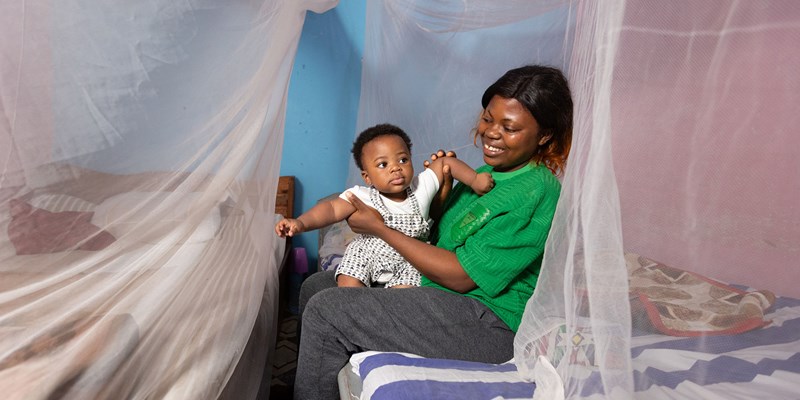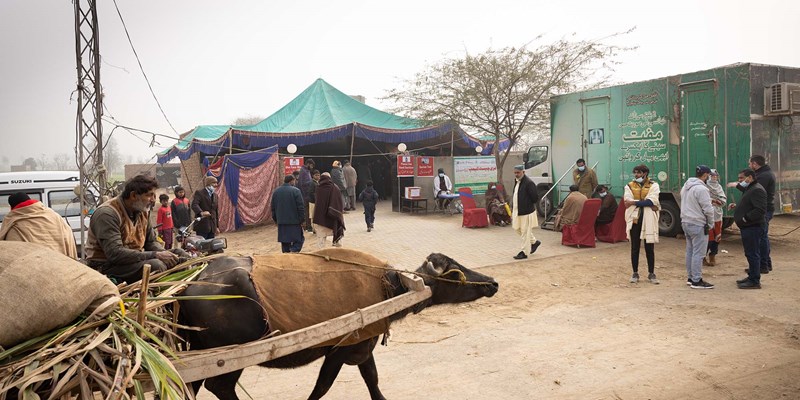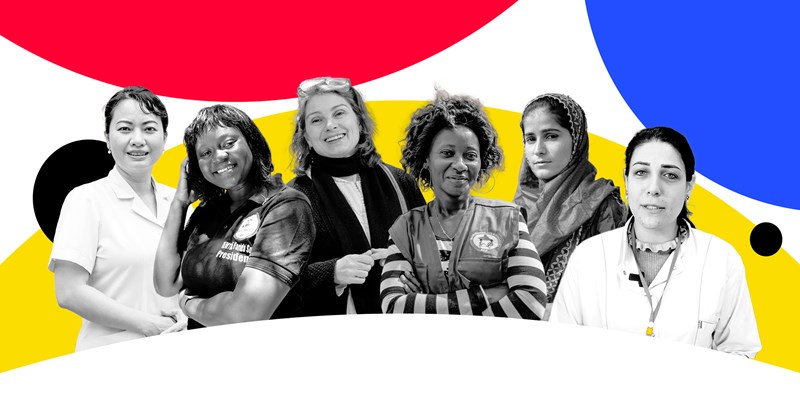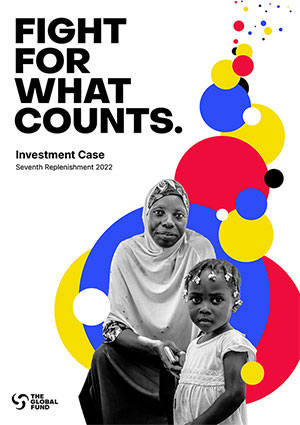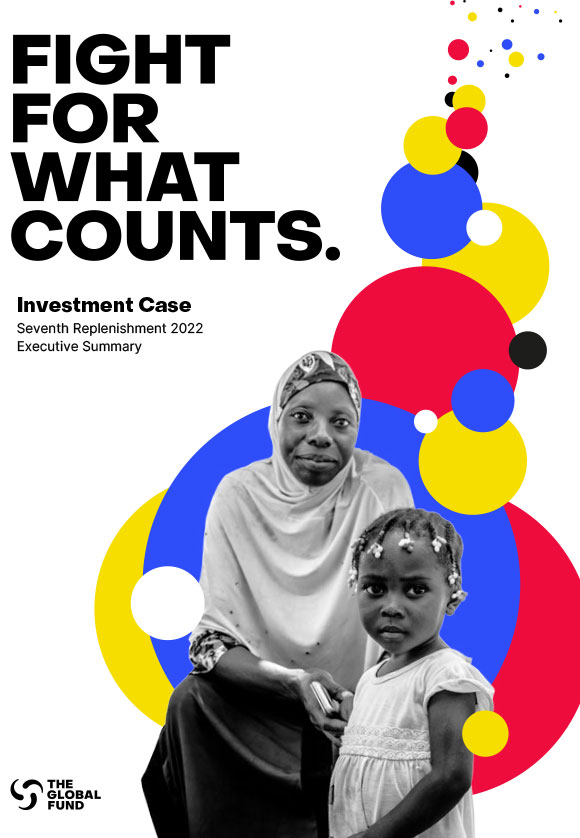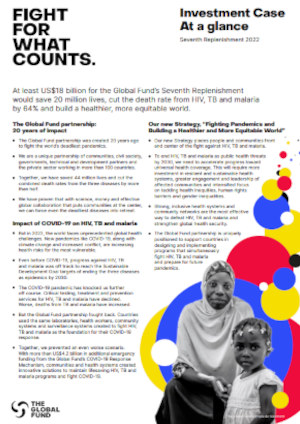The Global Fund strengthens its efforts to prevent corruption
01 May 2009
Code of Conduct and Sanctions Policy for Suppliers Will Clarify Good Business Practices
In its constant effort to prevent, detect and sanction anyone involved in misuse of its financing, The Global Fund to Fight AIDS, Tuberculosis and Malaria will within the coming weeks issue a Code of Conduct for all suppliers of goods and services paid for with Global Fund financing.
The Code of Conduct is based on the core principles and ethical values of the Global Fund, including probity, transparency and accountability. Building on the Global Fund’s existing policies and practices, the Code will set clear and coherent guidelines that all suppliers will be expected to adhere to.
The Global Fund will also be taking this opportunity to clarify and communicate its policy on sanctions against suppliers. The sanctions policy will set out the actions that the Global Fund may take when there is evidence that the Code has been breached.
"The Global Fund has a zero-tolerance policy towards corruption and we have repeatedly taken firm and public action against any grantees and suppliers when there is evidence that our funding has been misused," says Dr Michel Kazatchkine, Executive Director of the Global Fund. "We will work closely with the other leading funders of global health programs to reduce the risk of misuse of money earmarked by donors to save lives."
The Code of Conduct will be displayed on the Global Fund website for ease of reference by all Global Fund grant recipients and potential suppliers.
The Global Fund is the world's largest financier of programs fighting AIDS, tuberculosis and malaria, with a total of US$15.6 billion approved for programs in 140 countries and with expected disbursements of US$2.9 billion in 2009. The Global Fund finances nearly a quarter of all international spending on AIDS and two thirds of global spending on malaria and TB. Nearly half of its funding is spent on procurements of drugs, bed nets against malaria, medical equipment and other commodities.
Over the past ten years, global funding for AIDS, TB and malaria has seen a dramatic increase and new, global markets have been created for products including antiretroviral drugs (ARVs) against AIDS, artemisinin-based combination therapies (ACTs) against malaria and long-lasting, insecticide-impregnated bed nets. These markets have grown from nearly nothing to hundreds of millions of dollars in only a few years, resulting in a large pressure on national governments and non-governmental organizations responsible for procurement of these products.
The Global Fund will step up its work with other major financiers of medical commodities in the coming months to reduce the risk of corruption and increase the levels of transparency and efficiency, in order to ensure effective use of donor resources in the fight against the three diseases.
